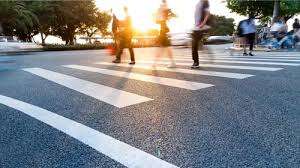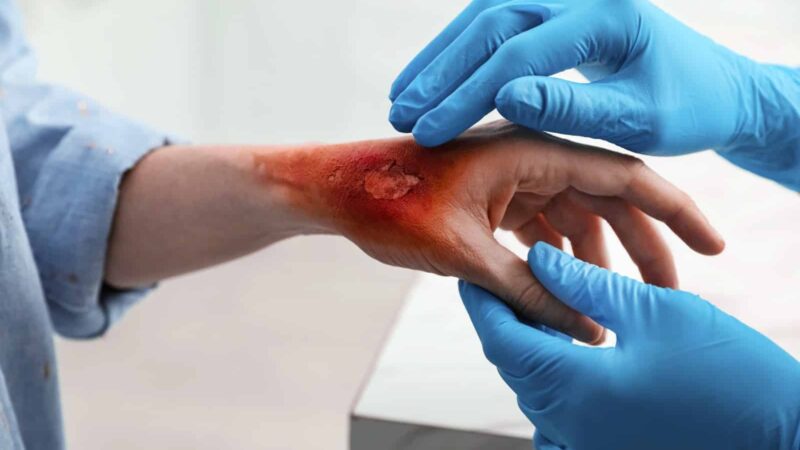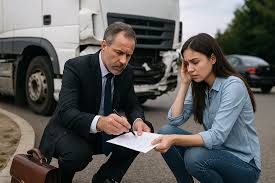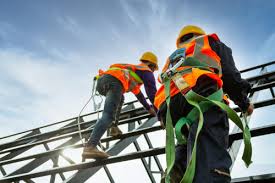What Types of Legal Compensation Are Available After a Pedestrian-Vehicle Collision in Texas?

Pedestrian-vehicle collisions can result in devastating injuries that change a person’s life in an instant. Without the protection of a vehicle, pedestrians are far more vulnerable to serious harm on Texas roadways. Many victims face long hospital stays, extensive rehabilitation, and financial strain from being unable to work. Recovering after such an incident often involves understanding the types of legal compensation that may be available. These recoveries can help cover medical costs, lost wages, and emotional suffering. Working with O’Hare & Koch Injury Lawyers can provide the guidance and support needed to pursue fair compensation and begin the healing process. Pedestrian accidents can occur anywhere, from busy intersections to quiet residential areas. Regardless of where the accident occurs, Texas law affords injured pedestrians the right to seek compensation when another party is at fault.
Medical Expenses and Long-Term Care
The first area of compensation typically includes medical expenses. This covers emergency care, hospital stays, surgeries, medications, and follow-up treatments. In more serious cases, victims may require ongoing physical therapy or specialized care to manage long-term injuries. The cost of this medical treatment can add up quickly and create lasting financial challenges. Legal compensation helps ensure that victims can access necessary care without the added worry of mounting bills.
Lost Wages and Future Earnings
When a pedestrian suffers severe injuries, returning to work can be difficult or even impossible. Compensation for lost wages covers the income missed during recovery. If someone cannot return to work or earn the same income, they may receive assistance to offset the financial losses they will incur. This type of recovery acknowledges the financial impact that long-term disabilities can have on a victim’s life. By securing this compensation, victims can maintain financial stability as they rebuild their lives.
Pain and Suffering
Pedestrian accidents often lead to more than just physical injuries. Victims experience emotional pain, trauma, and stress that affect their overall well-being. Pain and suffering compensation is meant to recognize these non-economic damages and provide relief for the lasting emotional toll. This may include anxiety, depression, or a reduced quality of life resulting from the accident. Money cannot take away the pain, but this kind of compensation helps recognize what the person has gone through and offers some sense of fairness.
Property Damage
While medical and personal losses are the most significant, property damage should not be overlooked. Victims can also receive help replacing items damaged in the crash, such as phones, watches, or other personal belongings. In some cases, the impact may also damage mobility devices or assistive equipment that require replacement. Including property damage in a claim ensures that all losses, no matter how small, are properly accounted for.
Punitive Damages in Severe Cases
If the driver’s actions were especially reckless, the victim may also be able to seek punitive damages. These particular damages are aimed to penalize the at-fault party and discourage similar behavior in the future. Examples include driving under the influence or knowingly disregarding traffic laws. Punitive damages are less common but serve an important role in holding negligent drivers accountable. They also highlight the seriousness of unsafe driving practices that endanger pedestrians across Texas.
Victims of pedestrian-vehicle collisions in Texas have the right to seek compensation for both economic and emotional losses. Medical costs, lost income, pain and suffering, and property damage can all be recovered with proper legal support. Understanding these options can make the process of healing and rebuilding much smoother. Working with attorneys who are familiar with Texas law enables victims to focus on their healing while the legal aspects are handled. Moving forward can be challenging, but the right support can make it easier to rebuild and regain control.






